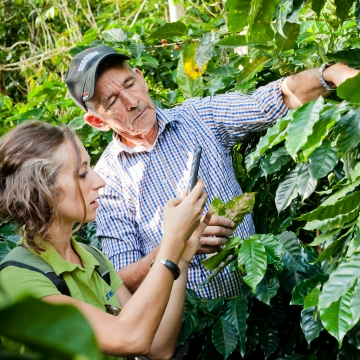The private demand for an AIDS vaccine in Thailand
A contingent valuation survey of Thai adults revealed that private demand for a hypothetical AIDS vaccine that is safe, has no side effects, and lasts 10 years, rises with income, the lifetime risk of HIV infection and vaccine efficacy, and declines with vaccine price and respondent’s age.
